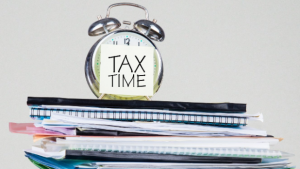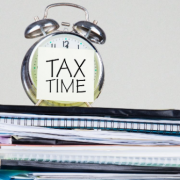Changes in GST record keeping
Good news for the trees, the planet and your storage cupboard!! IRD are introducing changes in GST record keeping in two stages that will reduce the amount of paper storage required for businesses.
There have been some smaller changes regarding GST effective 30.3.22
Buyers of goods had to keep a physical tax invoice to be able to claim GST for anything over $50. With the changes, a bank statement, contract, supplier agreement or electronic tax invoice is sufficient for expense claims.
Sellers still need to produce tax invoices over $50.
There are also changes to Buyer-created invoices (where the buyer determines the price perhaps by weight of the goods etc.) and also shared tax invoices. These are more detailed, and do not apply to many, so if this applies to you, click on the link above.
More changes are coming….
Many more changes are coming in April 2023, these changes mean no more invoices for purchases under $200. You can use a bank statement line to show who you paid and when. However, remember to note on your payment what it was for.
For purchases between $200 – $1000 you will need to keep a record as before, but an electronic record is sufficient. For those who use Xero, there is already provision to store your invoices in Xero. No more printing out! The buyers details are not required.
Over $1000 a full copy of the supply with all details are needed. No paper required.
Of course these are all proposals. IRD have yet to fully explain all the changes, so we will keep you up to date as changes are finalised.
These changes in GST record keeping are a step in the right direction in reducing paperwork and compliance. Let’s face it, the trees on the planet can be used for better things than tax invoices.








